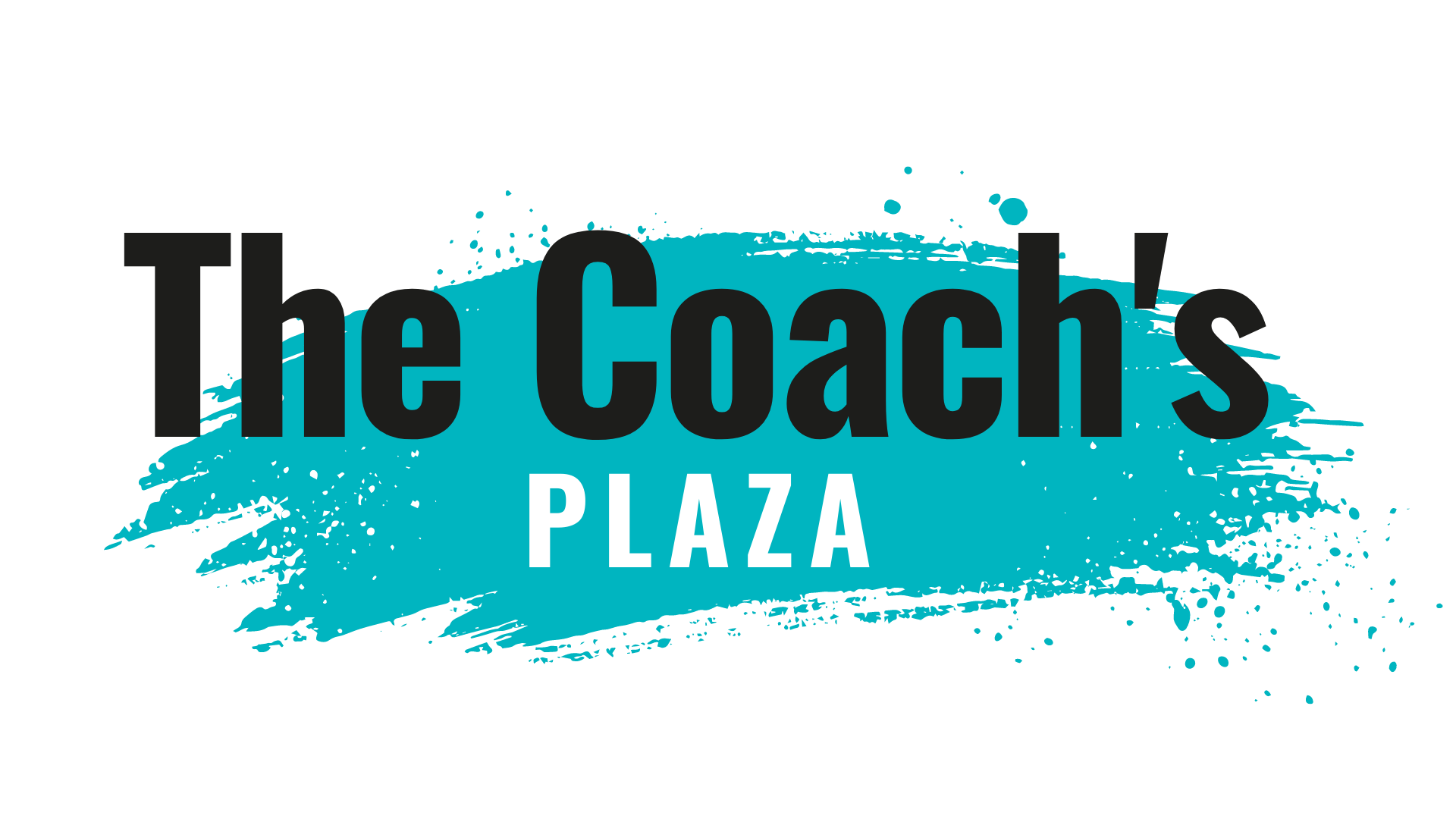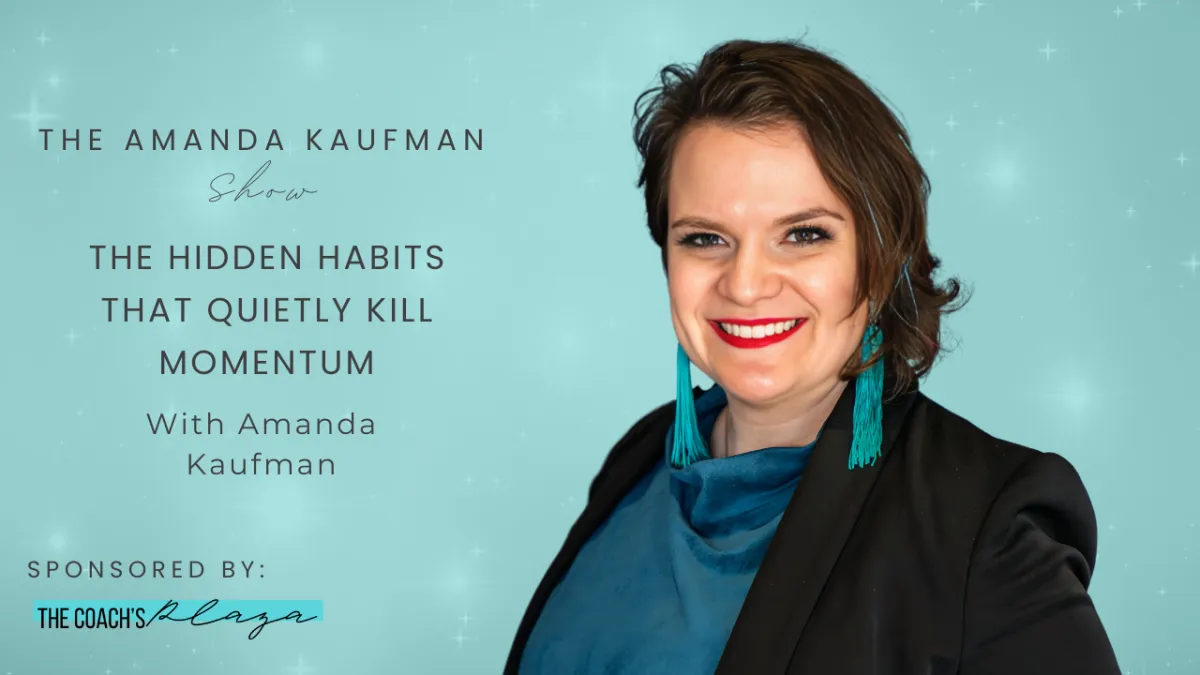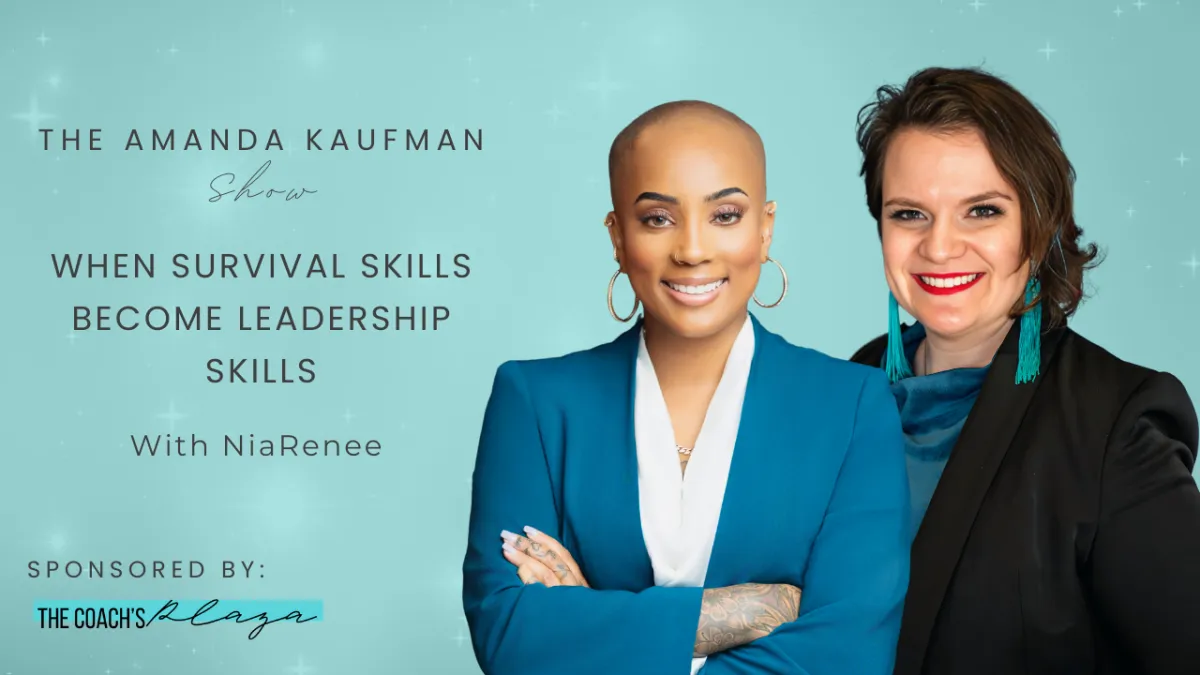The Amanda Kaufman Show
The Hidden Habits That Quietly Kill Momentum
Published on: 14/01/2026
Momentum dies when effort keeps resetting. Learn the quiet habits that stall progress and how consistency, focus, and discipline rebuild momentum.
ProductivityBrandingMarketingsalescoachingMindset
When Trusting the Universe Becomes the Strategy
Published on: 12/01/2026
When strategy stops working, trust becomes the path forward. A reflection on growth, alignment, and the next level of leadership.
ProductivityBrandingMarketingsalescoachingMindset
When Survival Skills Become Leadership Skills
Published on: 09/01/2026
Survival skills often create success but can quietly shape how we lead. Learn how to shift from coping to conscious leadership.
ProductivityBrandingMarketingsalescoachingMindset
The #1 Reason High Achievers Stay Stuck
Published on: 07/01/2026
High achievers do not stay stuck because they lack ability. Learn the real reason progress stalls and how to move forward without self sabotage.
ProductivityBrandingMarketingsalescoachingMindset






